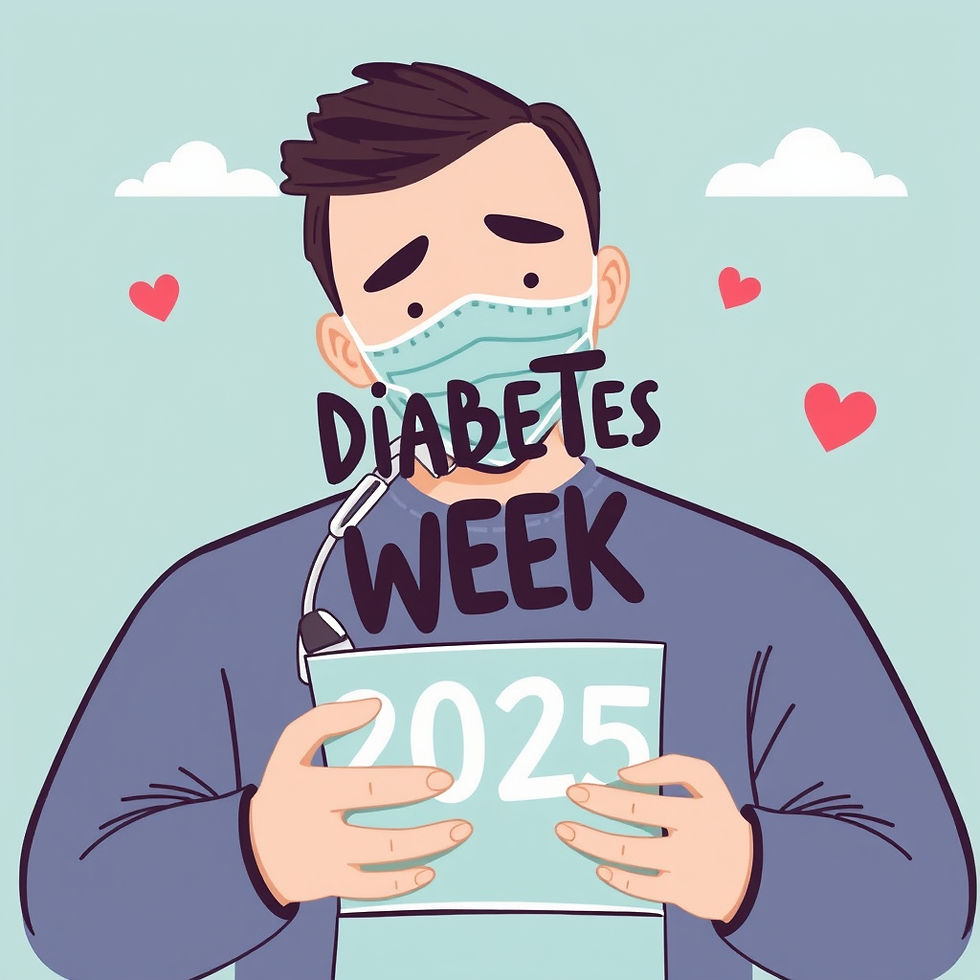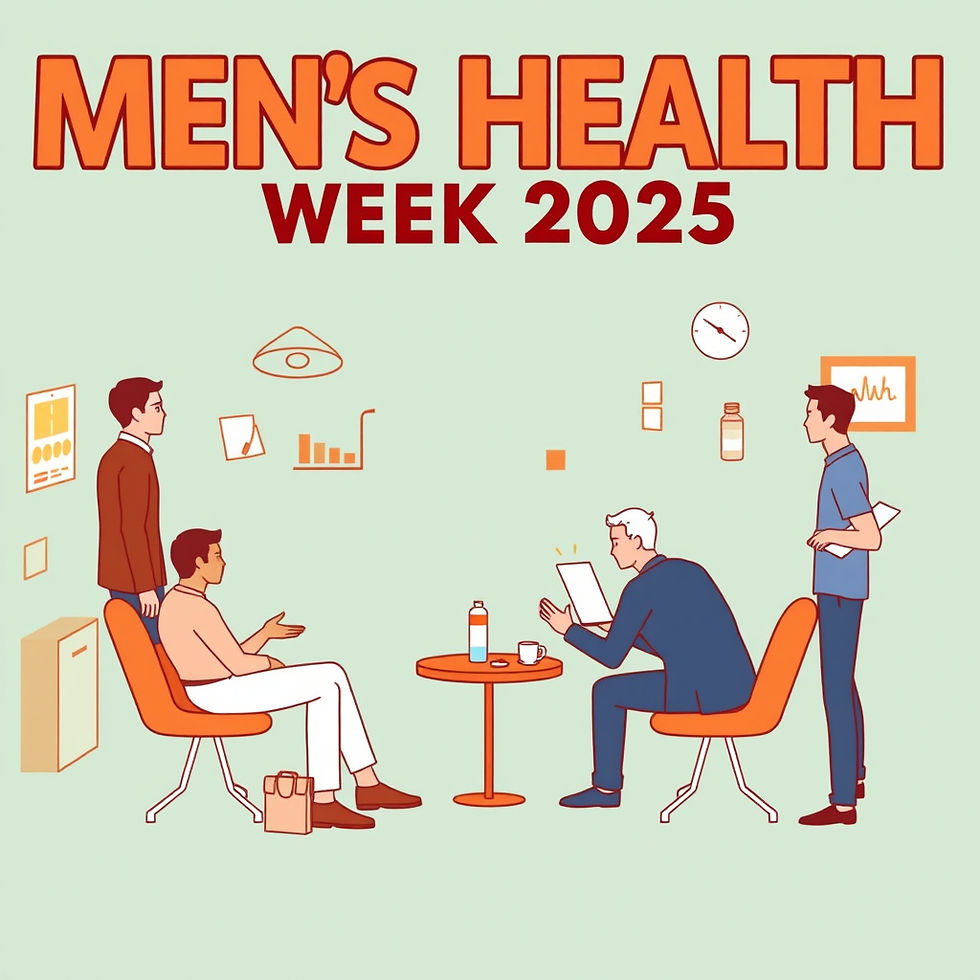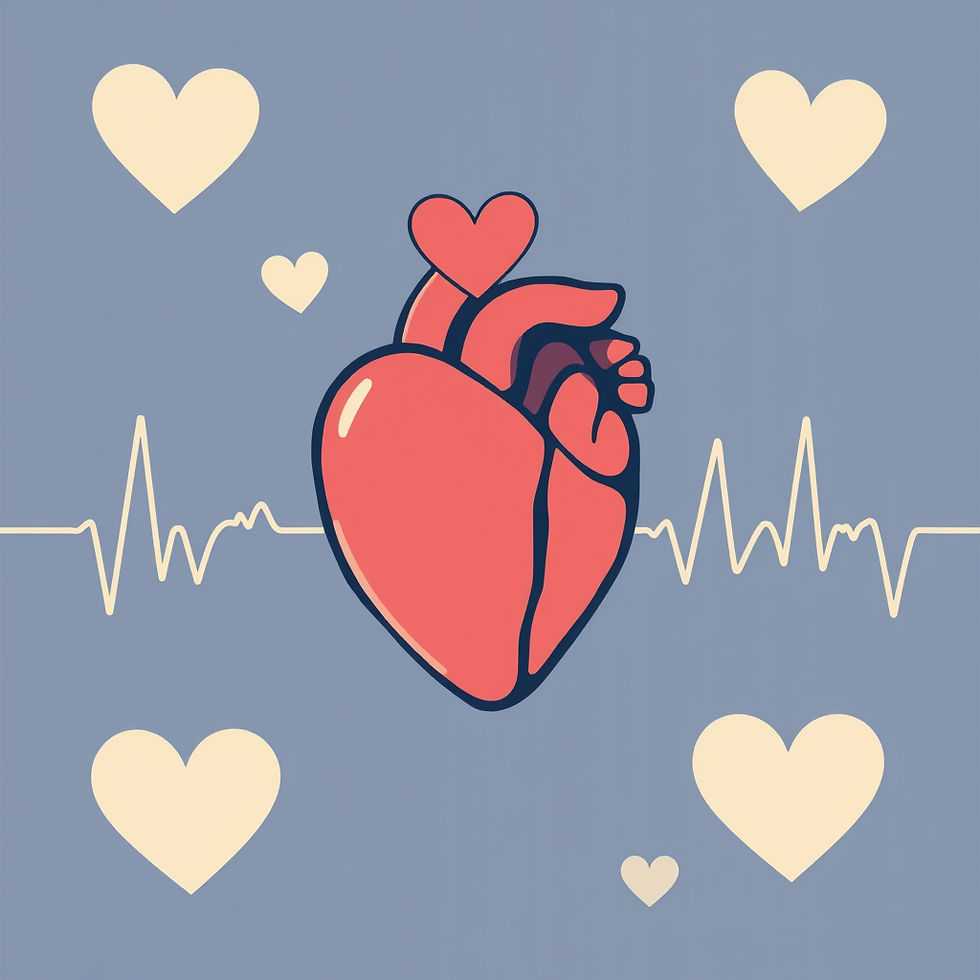🔥 Heat and Heart Disease: How Hot Weather Affects Your Heart Health
- Charlotte Currie
- Jul 16, 2025
- 3 min read
High temperatures can put extra strain on your heart. Learn how heat impacts heart disease risk, who’s most vulnerable, and what you can do to stay safe in hot weather. Scroll down to learn more.

Why You Should Worry About Heat and Heart Disease
As global temperatures continue to rise, extreme heat is becoming a serious public health concern — especially for those with heart disease or cardiovascular conditions. Studies have shown that heat waves significantly increase the risk of heart attacks, stroke, and sudden cardiac events.
If you or a loved one has high blood pressure, heart failure, or coronary artery disease, understanding how heat affects the cardiovascular system could save your life.
☀️ How Does Heat Affect the Heart?
When you're exposed to high temperatures, your body has to work harder to stay cool. Here's what happens:
Heart rate increases to pump more blood to the skin
Blood vessels expand to release heat through the skin
Sweating leads to dehydration, lowering blood volume
The heart must pump harder, putting stress on the cardiovascular system
For people with existing heart conditions, this extra workload can trigger complications such as:
Irregular heart rhythms
Heart attacks
Heat stroke
Heart failure exacerbation
🧓 Who Is Most at Risk?
Certain groups are more vulnerable to the effects of heat, especially:
Older adults (65+)
People with heart disease, hypertension, or diabetes
Those taking medications like beta-blockers, diuretics, or ACE inhibitors
Individuals who are overweight or sedentary
People without access to air conditioning
💡 Even healthy individuals can be at risk during prolonged heat waves.
🔍 Key Symptoms to Watch For
During hot weather, watch for warning signs that may indicate your heart is under stress:
Rapid or irregular heartbeat
Shortness of breath
Dizziness or fainting
Chest pain or tightness
Fatigue or confusion
Swelling in legs or ankles (common in heart failure)
🚨 These symptoms may indicate a heat-related cardiac event. Seek medical attention immediately if you notice any of them.
🧊 How to Protect Your Heart During Heat Waves
1. Stay Hydrated
Drink water regularly, even if you’re not thirsty
Avoid caffeine and alcohol, which can dehydrate
Talk to your doctor about adjusting fluid intake if you have heart failure
2. Avoid Peak Heat Hours
Stay indoors between 10 a.m. and 4 p.m.
Exercise in the early morning or evening
Use fans and air conditioning to stay cool
3. Dress for the Weather
Wear lightweight, breathable clothing
Choose light colors to reflect sunlight
Use a hat and sunscreen if outdoors
4. Monitor Your Medications
Some heart medications increase sensitivity to heat or cause fluid loss
Ask your doctor if any prescriptions need adjustment during hot weather
5. Check on Loved Ones
Make sure elderly relatives or neighbours are staying cool and hydrated
Assist those without A/C during extreme heat events
🧠 Did You Know?
A 2023 study published in The Lancet found that heat-related cardiovascular deaths are projected to rise by 50% by 2050 if climate change trends continue. This highlights the urgent need for heat-adaptation strategies in people with chronic heart conditions.
✅ Final Thoughts on Heat and Heart Health
Extreme heat isn’t just uncomfortable — it’s dangerous for your heart. If you have a cardiovascular condition or are at risk, you need to take special precautions during hot weather. Stay hydrated, avoid the midday sun, and listen to your body.
By staying informed and proactive, you can beat the heat — and protect your heart.
Concerned about any of the above symptoms? Appointments available now.
To book a heart rhythm check, heart scan or blood pressure assessment click here.






Comments